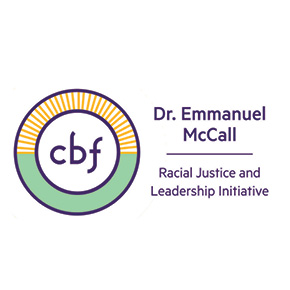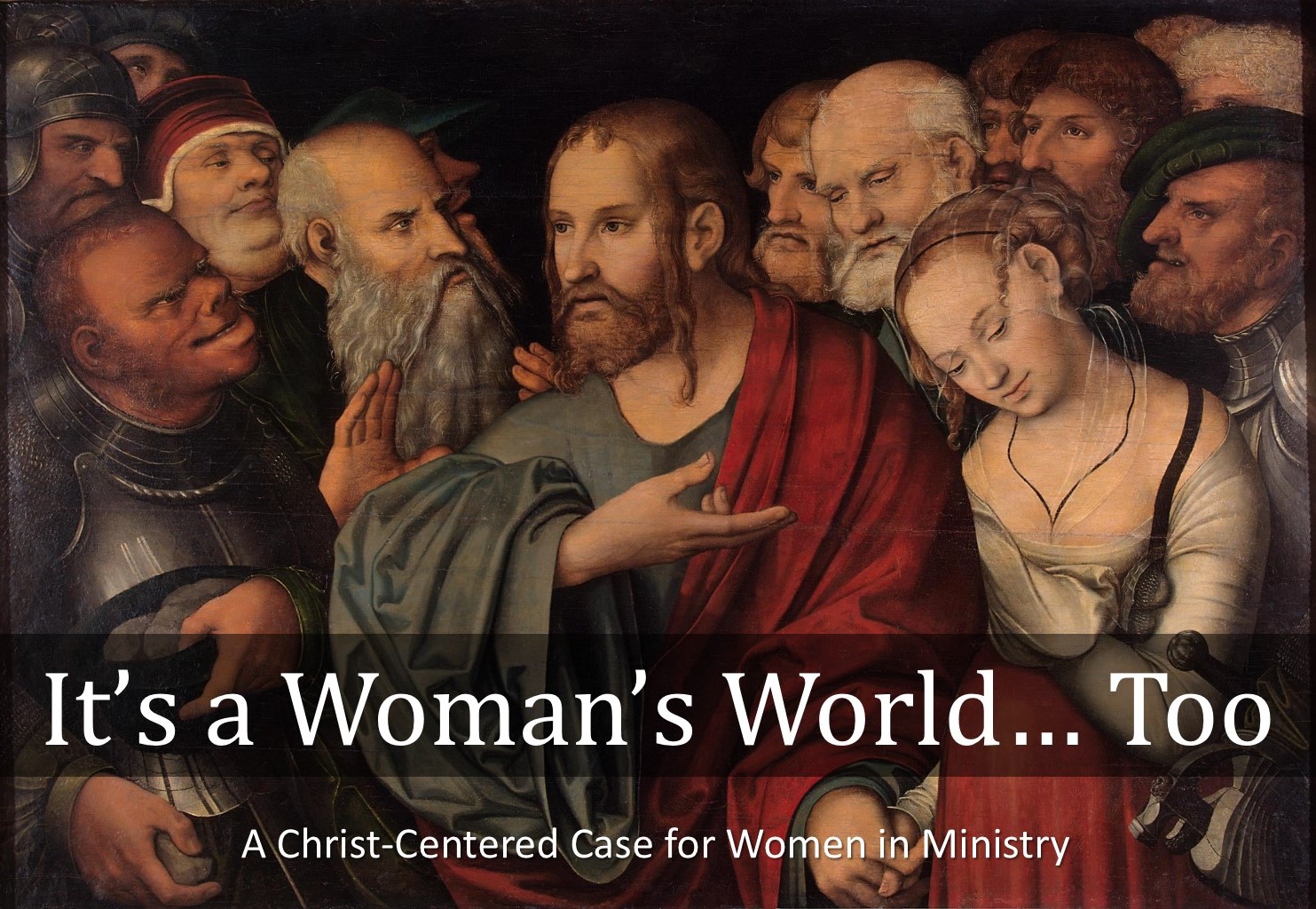A regular reader of this blog, who is Roman Catholic in his faith and practice, told me that he was recently at an A.A. men's retreat conducted the Jesuit-run retreat center. This retreat was specifically geared toward men involved in A.A. but it incorporated the Spiritual exercises of St Ignatius of Loyola. Because of this Catholic connection the retreat included Catholic prayers such as the angelus, the rosary, the daily and Sunday mass, morning prayers, as well as evening eucharistic adoration and benediction. In such settings no one is forced to participate in these spiritual practices that are specifically Catholic but all are invited to participate to whatever degree they choose to do so. What follows is an account writer (end edited by me) of the letter my Catholic friend sent to me a few days ago.“There was a man at the retreat from out-of-state who had traveled some distance to be there. He is a Baptist and, according to my Catholic friend, has a very close relationship with Christ. He accepted the invitation to be the prayer leader for morning, angelus, and before-meals prayers. He also participated in the mass and received holy communion with the rest of us. I personally told him that I was very impressed at his willingness to share in these aspects of Catholic spirituality and practice. He shared with me that even though he doesn't agree with some of the teachings of the Catholic Church he sees much value in the practices and disciplines...“My own spirit was lifted up by this brother who had so much respect, not only for his other Christian brothers in A.A., but also for our own Catholic tradition. I'm sure some Christians on both sides of the Tiber would be scandalized by this story but I saw it as a genuine work of the Holy Spirit, and totally consistent with the spirituality of St Ignatius.”
What do I make of my friends letter? What do you make of it? I think it perfectly reflects the very missional-ecumenism that I teach and practice through the witness of ACT 3. I do not believe that we have settled our very real differences in some important areas of theology and practice. At the same time I do not believe that we are living in a sixteenth century context any longer. Some act as though we are still fighting the exact same battles in the exact same way. When they believe this way they will always continue to stoke the fires of controversy saying Catholics are not Christians or their church is heretical. Others live as if we are in a pre-Vatican II time warp. This is true of many conservative Protestants and some very conservative Catholics as well. When I began to really study Vatican II (for myself) I realized how totally wrong the ideas were that some has taught me about this Council. Rome does change, in spite of the oft mentioned idea that she does not. Any careful reading of Vatican II, especially the parts on the kingdom of God, ecumenism and mission will prove this point. Because Rome does not “revise” history but functions as a “living” tradition many Protestants act as of nothing has really changed but this is a failure to understand how Rome changes...I was once an anti-Catholic, or at least I was publicly known as such. (In my book I explain this chapter of my life clearly and openly so I will save that story.) The most important thing that changed all this for me was not reading theology, though I have read thousands of pages of Catholic and evangelical theology. The most important single change came about by meeting living, breathing, loving Christ-centered people like the Baptist and the Catholic in the story that my friend shared with me. How has this unfolding story of missional-ecumenism worked in your life? I would love to hear your story and add it to the bigger story we are all a part of by God’s sovereign grace.
I whole-heartedly agree that Christocentric living is the best way to move beyond our prejudices of other traditions within Christianity as well as other faith traditions. Truly at the end of the day differences do not matter in the long run as long as Christ is at the center though there are some differences that still need to be addressed. Love is more important than doctrinal agreement as it is the sum and substance of the Law:
35 And one of them, a lawyer, asked him a question, to test him.
36 "Teacher, which is the great commandment in the law?"
37 And he said to him, "You shall love the Lord your God with all your heart, and with all your soul, and with all your mind.
38 This is the great and first commandment.
39 And a second is like it, You shall love your neighbor as yourself.
---Matthew 22:35-39 (RSV).











